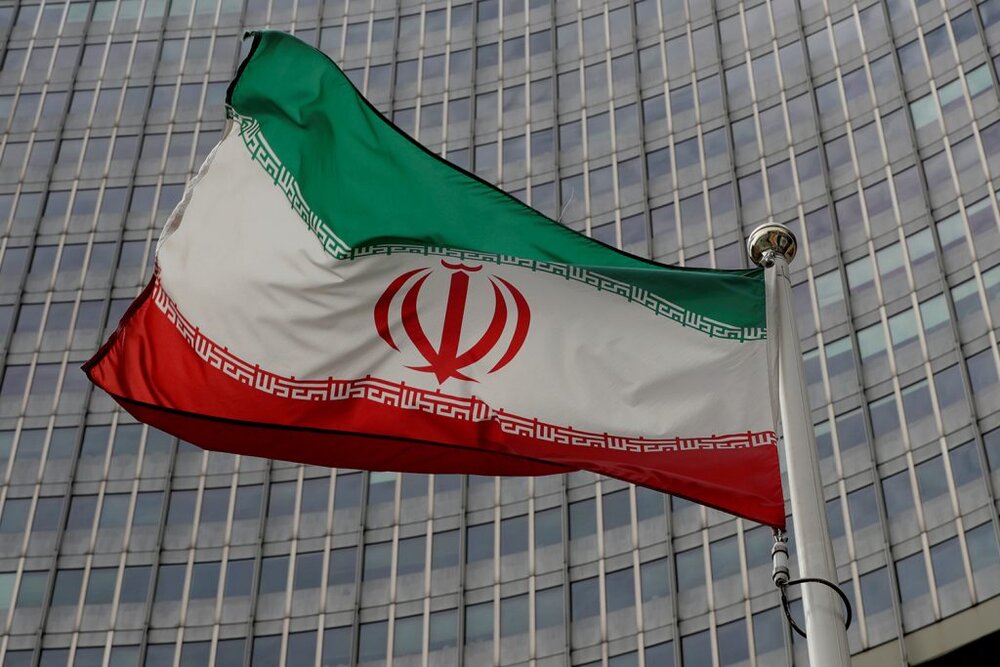TEHRAN – The International Atomic Energy Agency (IAEA) has acknowledged that Iran plans to enrich uranium up to 20% at its Fordow facility, a month after the Iranian Parliament passed a bill that tasked the government with scaling up the country’s nuclear program.
The IAEA said Iran did not say when it planned to boost enrichment, though the agency “has inspectors present in Iran on a 24/7 basis and they have regular access to Fordo.”
A spokesman for Tehran’s mission to the United Nations has said Iran’s letter to the IAEA that his country plans to enrich uranium to the purity of 20 percent is “self-explanatory”. However, Alireza Miryousefi declined to answer questions about when the 20% enrichment would begin.
The IAEA acknowledged that Iran had informed its inspectors of the decision, amid heightened tensions between Iran and the U.S. in the waning days of the administration of President Donald Trump.
“Iran has informed the agency that in order to comply with a legal act recently passed by the country’s parliament, the Atomic Energy Organization of Iran intends to produce low-enriched uranium ... up to 20 percent at the Fordo Fuel Enrichment Plant,” the IAEA said in a statement.
Mikhail Ulyanov, Russia’s permanent representative to the Vienna-based IAEA, wrote on Twitter on Friday that Tehran planned to resume enrichment up to 20%.
According to a 9-article bill passed by the Parliament early in December, the Atomic Energy Organization of Iran (AEOI) will be required to produce and store at least 120 kilograms of enriched uranium with 20 percent purity at the Fordow nuclear facility every year, and to fulfill the country’s peaceful industrial demands with uranium enriched above 20%.
The bill became a law as the oversight Guardian Council approved it by asking the Parliament to make some amendments to it. It will oblige the AEOI to increase the monthly output of enriched uranium for various peaceful purposes with different purity levels by at least 500 kg.
The bill entails uranium enrichment activities with at least 1,000 IR-2M centrifuge machines at Natanz within three months after the ratification of the law, and compels the AEOI to launch uranium enrichment as well as research and development activities with at least 164 IR-6 centrifuges and increase the number of centrifuge machines to 1,000 within a year after the ratification of the bill.
Iran and six world powers, including the U.S., Russia, China, France, Britain and Germany, and also the European Union, reached a nuclear deal, officially known as the Joint Comprehensive Plan of Action (JCPOA), in Vienna on 14 July 2015. However, U.S. President Donald Trump unilaterally withdrew from the JCPOA on May 8, 2018. The move was deplored by all other parties to the deal.
In response, Iran waited a year for the remaining sides to protect its interests under the deal, and since they failed to do so, it started to reduce its commitments under the JCPOA beginning on May 8, 2019, a year after Trump’s unilateral withdrawal.


No comments:
Post a Comment